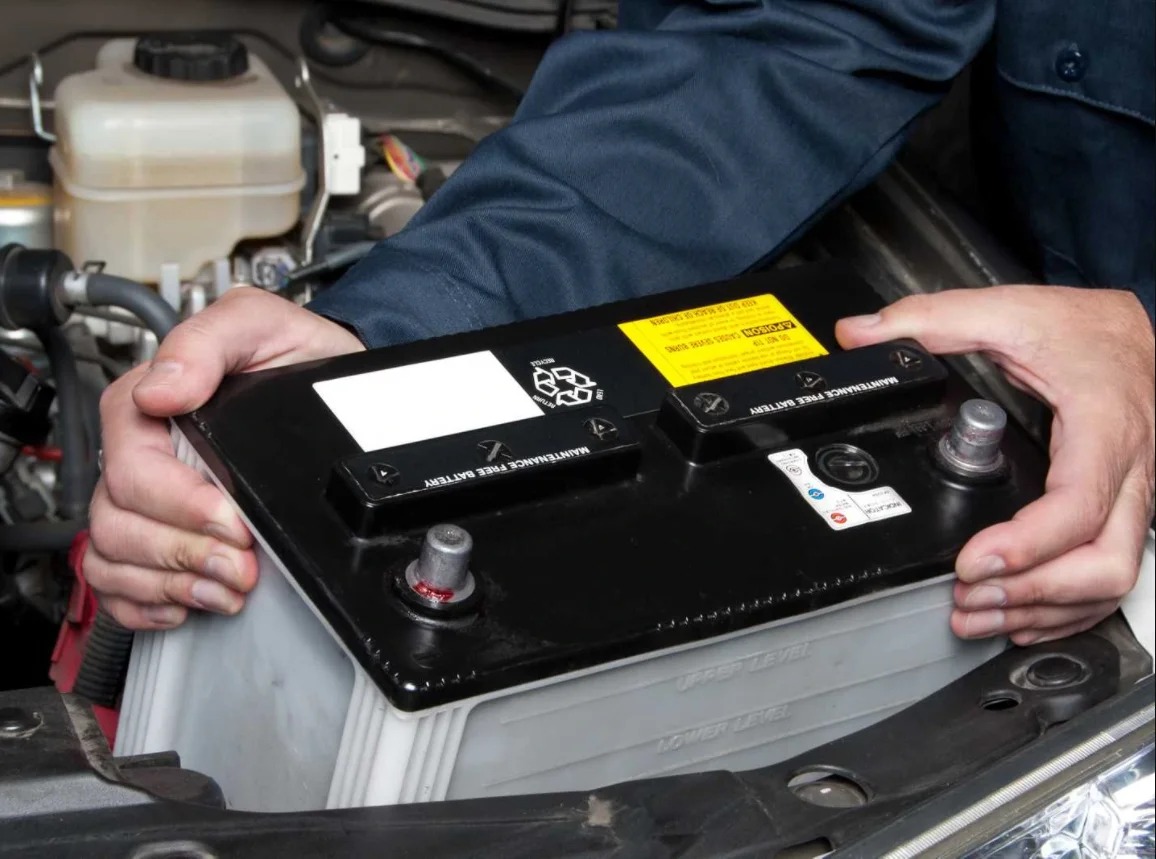The global energy storage industry is undergoing a seismic shift, driven by the accelerating demand for electric vehicles, renewable energy solutions, and portable electronics. At the heart of this revolution are lithium Battery Companies — the innovators and manufacturers powering the future with cutting-edge technology and sustainable energy solutions. As industries and consumers increasingly shift toward greener alternatives, lithium battery companies are not only meeting demand but reshaping how the world stores and consumes energy.
The Evolution of Lithium Battery Technology
Lithium battery technology has evolved dramatically since its commercial debut in the 1990s. From early iterations used in small electronics to today’s high-capacity batteries found in electric vehicles and grid-scale energy storage, the advancements have been exponential.
Early Innovations and Foundations
The original lithium battery prototypes featured limited capacity and short life cycles. However, with continued research into lithium iron phosphate (LiFePO4), lithium nickel manganese cobalt oxide (NMC), and other chemistries, performance has vastly improved. These innovations have made lithium battery companies pivotal players in the shift to renewable energy.
Scaling for Modern Demand
Modern lithium battery companies have successfully scaled production to meet industrial, automotive, and residential energy needs. Innovations in solid-state batteries and fast-charging capabilities are only a glimpse of what lies ahead.
Market Drivers Fueling the Growth of Lithium Battery Companies
Several key trends are accelerating the rise of lithium battery companies globally.
Surge in Electric Vehicle Adoption
One of the most significant contributors to this growth is the booming electric vehicle (EV) market. Giants like Tesla, BYD, and NIO have increased their reliance on high-quality battery suppliers, creating massive opportunities for lithium battery companies to innovate and expand.
Integration of Renewable Energy
Solar and wind energy require efficient storage solutions to handle fluctuations in energy supply. Lithium battery companies provide the backbone for energy storage systems that support grid reliability and energy independence.
Government Regulations and Incentives
Governments worldwide are setting aggressive carbon-neutral targets and offering incentives to industries and consumers that adopt green energy solutions. This has translated into exponential growth opportunities for lithium battery companies.
Leading Lithium Battery Companies Shaping the Industry
Several companies stand out due to their innovation, market share, and strategic positioning. Here’s an overview of the most influential players.
CATL (Contemporary Amperex Technology Co. Limited)
As the largest lithium battery manufacturer globally, CATL supplies batteries for a range of EVs and stationary storage applications. Their commitment to R&D and vertical integration has made them a benchmark among lithium battery companies.
LG Energy Solution
A spin-off from LG Chem, LG Energy Solution is known for its high-performance batteries used in electric vehicles and consumer electronics. Their global footprint extends across Asia, Europe, and the Americas.
Panasonic
Panasonic remains a leading force in the battery market, especially due to its long-standing partnership with Tesla. Its energy-dense lithium-ion batteries have become essential for both automotive and stationary applications.
Samsung SDI
Samsung SDI focuses on high-capacity battery packs for automotive and industrial uses. The company is heavily investing in next-gen battery technologies, cementing its role among top lithium battery companies.
BYD
While BYD is renowned for its electric vehicles, it also manufactures its own lithium batteries, enabling better quality control and integration. Their lithium iron phosphate batteries are especially popular in public transport fleets.
Emerging Lithium Battery Companies to Watch
While established firms dominate headlines, a new wave of lithium battery companies is challenging the status quo with disruptive technologies and scalable models.
Northvolt
Based in Sweden, Northvolt emphasizes sustainable manufacturing, recycling, and clean energy. The company has already secured major contracts with Volkswagen and BMW.
SK On
A subsidiary of SK Innovation, SK On focuses on advanced lithium battery technologies tailored for electric vehicles. Their innovations in high-nickel cathodes offer increased energy density.
EVE Energy
Headquartered in China, EVE Energy is making strides in consumer and industrial battery solutions. Their growing investments in cylindrical and pouch cell production are catching global attention.
Amperex Technology Limited (ATL)
ATL is a major supplier of lithium polymer batteries for consumer electronics, including smartphones and wearables. As mobile technology grows, so too does ATL’s market influence.
Technological Advancements Led by Lithium Battery Companies
Continual innovation is at the core of successful lithium battery companies. Key areas of advancement include:
Solid-State Batteries
Solid-state batteries promise higher energy density, improved safety, and longer lifespans compared to current lithium-ion solutions. Companies like QuantumScape and Toyota are investing heavily in this technology.
Fast-Charging Technology
Reducing charge time without compromising battery life is critical for consumer satisfaction. Lithium battery companies are leveraging graphene and silicon-based anodes to revolutionize charging speeds.
Battery Recycling and Second Life Applications
Sustainability is a growing concern. Lithium battery companies are investing in closed-loop recycling systems to reclaim valuable materials and reduce environmental impact.
Global Distribution and Manufacturing Footprint
Asia-Pacific
Asia remains the powerhouse of lithium battery production. China, South Korea, and Japan dominate global supply, thanks to robust infrastructure, government support, and an extensive raw material supply chain.
North America
The U.S. is rapidly scaling up its domestic battery production to reduce reliance on imports. Companies like Tesla and General Motors are building gigafactories to support local demand.
Europe
The European Union is investing in a local battery ecosystem through initiatives like the European Battery Alliance. Companies like Northvolt and BASF are receiving government backing to boost production.
Supply Chain Dynamics and Raw Materials
The growth of lithium battery companies is closely tied to access and processing of critical raw materials such as lithium, nickel, cobalt, and graphite.
Lithium Mining and Refining
Lithium extraction from brine pools and hard rock mines is dominated by regions such as Australia, Chile, and China. Securing stable and ethical supply chains is a top priority for lithium battery companies.
Cobalt and Ethical Sourcing
Cobalt, primarily sourced from the Democratic Republic of Congo, raises ethical and environmental concerns. Leading companies are exploring cobalt-free chemistries and partnering with responsible miners.
Recycling as a Supply Solution
Battery recycling is emerging as a secondary supply stream for critical materials. Companies like Redwood Materials and Li-Cycle are pioneering innovative recovery technologies.
Environmental and Regulatory Challenges
Environmental Concerns
Despite their green reputation, lithium battery production carries a significant environmental footprint. Water consumption, land disruption, and chemical waste are key issues lithium battery companies must address.
Regulatory Frameworks
International regulations require rigorous compliance on battery transport, safety, and disposal. Staying compliant while innovating remains a delicate balancing act for manufacturers.
Future Outlook for Lithium Battery Companies
Market Projections
Analysts project the global lithium battery market will exceed $300 billion by 2035. This growth is being driven by megatrends in EV adoption, smart devices, and energy storage systems.
Investment and M&A Activity
The space is witnessing a surge in venture capital, strategic partnerships, and mergers. Established players are acquiring startups to stay ahead of innovation curves.
Strategic Diversification
Lithium battery companies are diversifying their portfolios to include hydrogen cells, hybrid storage systems, and advanced software for battery management systems (BMS).
Conclusion: Lithium Battery Companies are Powering the Future
The rapid evolution of energy storage technology highlights the crucial role played by lithium battery companies. From reshaping transportation and reducing carbon emissions to enabling the mass adoption of renewable energy, these companies stand at the forefront of a more sustainable, electrified world. As global demand continues to surge, and as environmental regulations become more stringent, lithium battery companies will remain the key innovators driving clean energy transitions forward.



